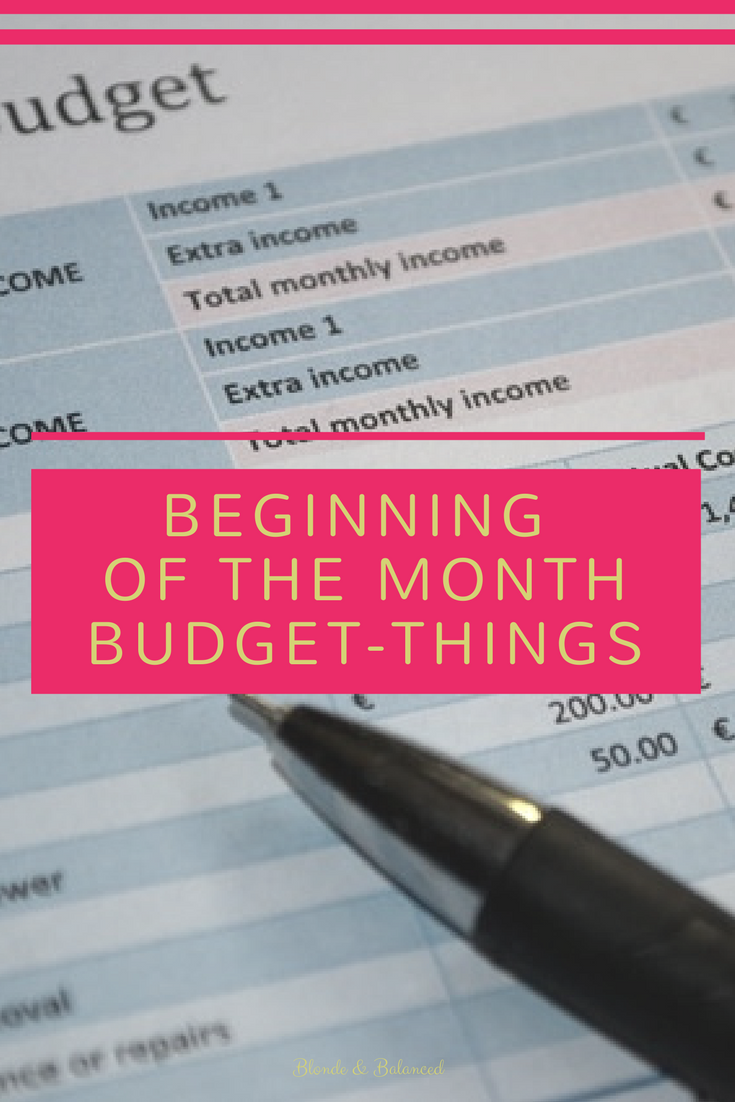The beginning of each month is the best time to review your budget. You can compare last month’s budget with your expenses to see if you got off track anywhere or where there might be room for improvement. Then you can move forward into the current month with a revised plan if necessary.
If you’re coming up short every month, you definitely want to be taking a look at where you’re overspending so you can go into the new month with a plan for how you will correct the issue. And if you have money left over at the end of the month, you can review where you saved so you know what to do going forward. And you can make a plan for how you will save or invest the overage.
There are a few areas to review and plan at the beginning of each month.
- The previous month’s expenses and income. Where did you meet your goals and where is there room for improvement?
- Review all of your paystubs from the previous month. Make sure that you received all the money you were due. Where there extra deductions taken out of your pay? If so, why and where you aware of them? Where you due a bonus and if so, did you receive it?
If you are self-employed, it’s even more important to review your previous month’s income. Review how much money your business brought in, how much you paid yourself, and look for any outstanding invoices.
- Compare last month’s budget to the current month. Is there room for improvement? Do you need to make any adjustments? Will you have extra expenses this month that need to be accounted for?
Now that your budget, income, and expense reports have been reviewed, you need to plan for the new month.
- Pay yourself first. Make sure you have a budget line for how much you will put into savings and/or investment accounts. Don’t wait until the end of the month and just pay yourself whatever happens to be leftover. Chances are, nothing will be left if you wait.
- Review your bills for the month. When are they due? How much are they? Include utility bills, insurance, rent or mortgage, car payment, loans, and credit cards. Get them all listed in your budget so you know what you’re responsible for by the end of the month. If possible, automate as many of these as possible so you don’t end up with additional fees for late payments.
- Estimate varying expenses based on last month’s actuals. How much did you spend on groceries last month? Dinner’s out? Trips to the local coffeehouse? Gas and tolls for your car? Knowing exactly how much you spent last month and if there are any additions or subtractions to your normal schedule in the upcoming month will help you budget these items as closely as possible.
- Review your calendar. Are there any birthdays, anniversaries, special events, or activities that you need to budget for? If so, add them in.
Now you should have a budget that is well thought out and planned to get you through the month so you come out ahead instead of wondering at the end of the month where all your money went.







